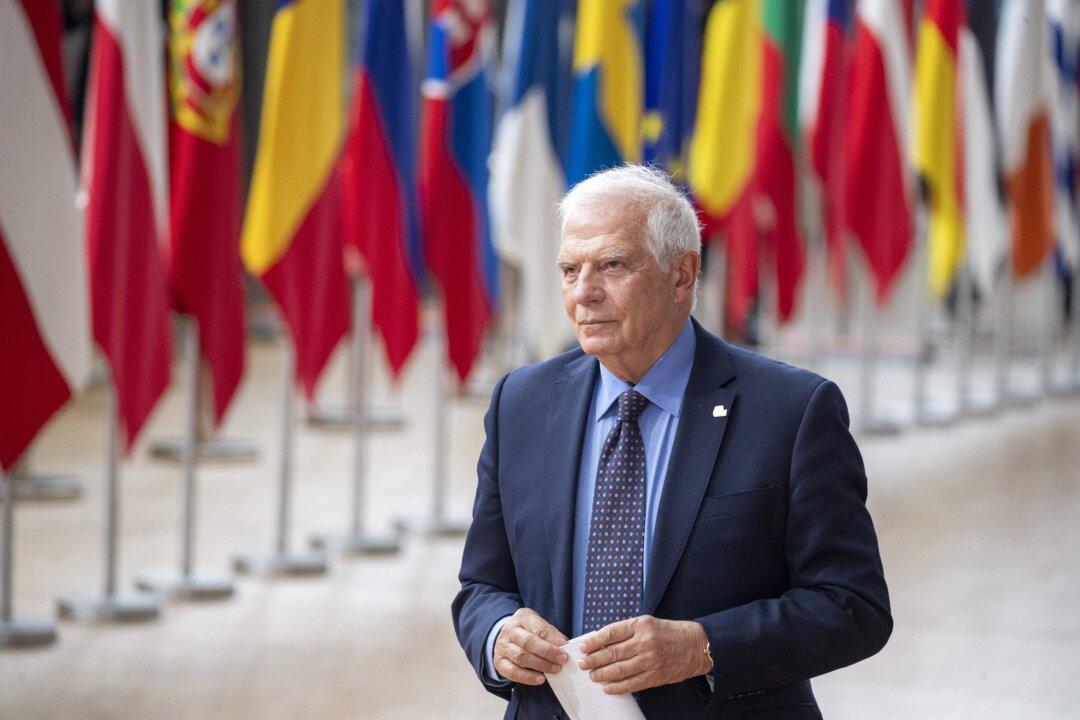European Union foreign policy chief Josep Borrell has canceled a planned meeting of European Union foreign ministers in Budapest after Hungarian Prime Minister Viktor Orban visited Russia without a mandate from Brussels.
“We have to send a signal [to Budapest], even if it is a symbolic signal,” Mr. Borrell told reporters on July 22.





